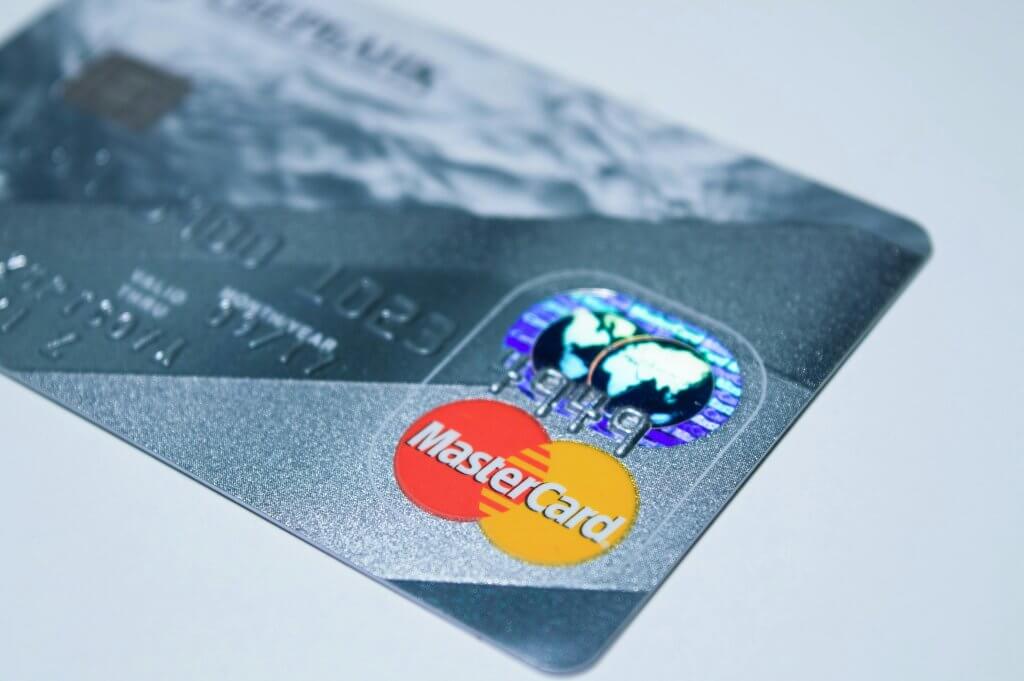Wrongful trading is when directors continue running a company even though they know, or should know, there’s no reasonable chance of avoiding insolvency. In other words, it’s about carrying on trading when the business has no realistic prospect of paying its debts.
It’s different from fraudulent trading, which involves deliberate dishonesty. Wrongful trading is often about misjudgement of the situation. The law expects directors to act in the best interests of creditors once insolvency is unavoidable. Failing to do so can have personal consequences.
When does wrongful trading apply?
Wrongful trading is set out in the Insolvency Act 1986. It’s most commonly identified when a company enters insolvent liquidation or administration and an insolvency practitioner reviews the directors’ conduct, as part of their legal obligations.
A director may be found guilty of wrongful trading if:
- They continued to trade when they knew (or should have known) the company couldn’t avoid insolvency
- Their actions made the company’s creditors worse off than if trading had stopped earlier
- They failed to take every step to minimise losses once insolvency was clear
It’s not about hindsight or punishing business failure. It’s about whether directors acted reasonably once financial reality was unavoidable.
Wrongful trading vs fraudulent trading
The terms often get confused. Here’s the distinction:
Fraudulent trading: Intentional dishonesty, for example taking orders knowing they’ll never be fulfilled, or deliberately misleading creditors. It’s a criminal offence.
Wrongful trading: Failing to act responsibly when insolvency is unavoidable. It’s a civil offence, meaning the consequences are financial or professional rather than criminal.
Signs you could be at risk of wrongful trading
If your company is under financial pressure, you need to be alert to the warning signs. Risks of wrongful trading increase when:
- You’re using new credit or loans just to keep the company afloat
- HMRC debts are building up, such as unpaid VAT, PAYE or Corporation Tax
- You can’t pay suppliers on time and are stretching credit beyond agreed terms
- Directors are taking dividends or drawings when the company has no profits
- The company has no realistic prospect of meeting Bounce Back Loan or other repayments
What happens if you’re found guilty?
If a liquidator or administrator believes wrongful trading has taken place, they can ask the court to hold directors personally liable for some of the company’s debts.
Consequences can include:
Personal liability: You could become personally liable for company debts and have to repay them out of your own assets.
Director’s disqualification: You could be banned from acting as a director for up to 15 years.
Reputational damage: Findings of wrongful trading are public and can affect your future business opportunities.
The good news is that courts also recognise the risks and pressures directors face. They often only impose penalties if there’s clear evidence of unreasonable behaviour.
How to avoid wrongful trading
The law doesn’t expect perfection. But it does expect directors to act responsibly. You can protect yourself by:
Keeping accurate financial records: Updated accounts, forecasts and cash flow statements show you’ve taken your duties seriously.
Monitoring insolvency triggers: Watch out for when liabilities outweigh assets, or when debts can’t be paid as they fall due.
Seeking professional advice early: Speaking to a licensed insolvency practitioner as soon as problems arise shows you acted reasonably.
Documenting decisions: Record why you took certain steps, such as trying to restructure debt or negotiate with creditors.
Stopping dividends: Never take money out of the company when it can’t afford to pay creditors.
Often, the very act of taking advice and exploring formal solutions like a Company Voluntary Arrangement (CVA) or Administration can demonstrate you acted responsibly.
How insolvency practitioners can help
When a company enters liquidation or Administration, a licensed insolvency practitioner will review directors’ actions in the lead-up to insolvency. Their job is to protect creditor interests and report on conduct.
If they believe wrongful trading occurred, they may submit a report to the Insolvency Service. However, they also act as advisers before matters reach that stage. Engaging an insolvency practitioner early is often the best way to show you’re meeting your duties.
Key takeaways on wrongful trading
- Wrongful trading happens when directors continue running a company they know can’t avoid insolvency
- It’s a civil offence, separate from fraudulent trading, and judged against what a “reasonable director” would have done
- Directors risk personal liability and disqualification if found guilty
- Acting early, keeping records, seeking advice and taking steps to protect creditors can prevent wrongful trading claims
We can give you instant advice on wrongful trading
If you’re worried your company might already be insolvent, the worst thing you can do is carry on trading without taking advice. Wrongful trading risks only grow if you delay.
Our licensed insolvency practitioners can explain your duties, assess your situation, and guide you through safe, legal options, whether that means restructuring or liquidation.
Get in touch today for confidential advice and protect both your company and yourself.




